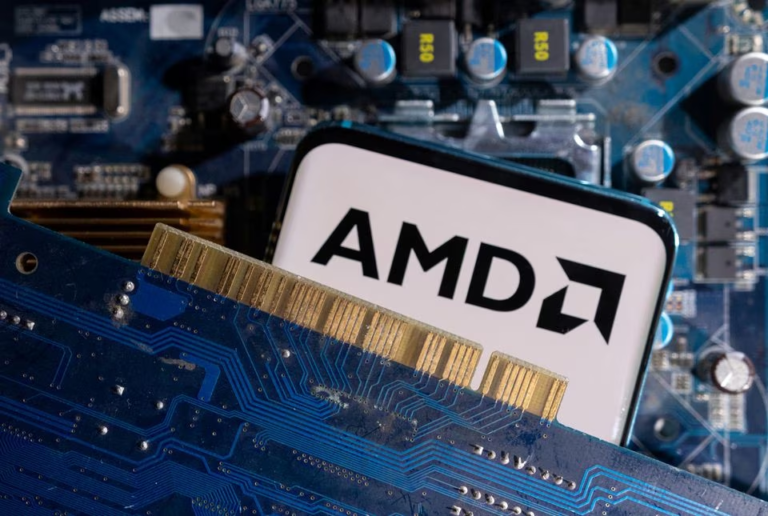Seventy-two hours after the stunning failure of Silicon Valley Bank, federal action means Seattle-area tech and wine industry companies can have access to millions of dollars frozen in SVB accounts. “People are breathing easier and knowing that at least they can make payroll this week,” said Dave Parker, a Seattle-area founder and board chair for startups at the Washington Technology Industry Association, shortly after SVB operations resumed Monday morning. But Sunday’s federal rescue of SVB depositors hasn’t answered larger questions about who will finance often-risky startups. Nor does it reveal whether the SVB meltdown might spread to regional financial institutions, including in Washington.
“Is my money safe? Am I OK to be here?” said Rachel Ayres, spokesperson at Spokane-based Canopy Credit Union, recounting questions credit union members had Monday. Ayres said Canopy customer service reps spent a lot of time Monday explaining to worried members “that their money is safe.” That has also been the general message from many government and industry officials since regulators shuttered SVB Friday amid a run by panicked customers and a doom-tweet storm by investors. On Sunday, federal regulators announced that the government would insure all of SVB depositors, even those above the normal Federal Deposit Insurance Corp. limit of $250,000. Had they not, many of SVB’s large tech customers would have been left seriously short of funds. “Your deposits will be there when you need them,” President Joe Biden said Monday.
Indeed, Sunday’s rescue meant startups like FlowPlay, a Seattle gaming company with several millions of dollars in its frozen SVB account, were able to transfer around $500,000 in time to make the company’s Wednesday payroll. “I was a little worried this morning when we couldn’t log in,” said FlowPlay CEO Derrick Morton, adding that the transfer finally went through around 2:45 p.m. on Monday. “Companies are … able to transact today, which is very encouraging,” added Hope Cochran, managing director at Madrona Venture Group, a Seattle-based venture capital firm that spent the weekend working with the “large majority” of its 100-plus client companies that bank with SVB and couldn’t touch their funds.
The federal guarantee also brought “a huge sigh of relief” to the many Washington winemakers who used the 40-year-old California bank for financing and other services, said Erik McLaughlin, CEO of Metis, which advises Pacific Northwest wineries. A concierge at the building on Fifth Avenue in downtown Seattle where the SVB’s Seattle branch is located confirmed that the branch was open Monday. But many anxieties remain. The failure Sunday of another bank, New York-based Signature Bank, fueled concerns that regional banks and smaller banks and credit unions might also be vulnerable to bank runs.
That helped drive down share prices at some smaller publicly traded banks. It also led many banks, including in Pacific Northwest, to try to reassure customers and investors that they weren’t exposed to the risks that hurt SVB, notably, a heavy concentration of large customers in a single sector. “We do not have any material exposure to volatile deposits such as start-up funds, crypto funds or venture capital,” said Mark Mason, chairman and CEO of Seattle-based HomeStreet Bank in an email, adding that “only 16% of our deposits are larger than the [$250,000] FDIC insurance limit.” Seattle-based WaFd Bank is “not involved in a high concentration level of investments that caused the failure at SVB and Signature Bank,” said spokesperson Brad Goode by email Monday.
Source: miamiherald







